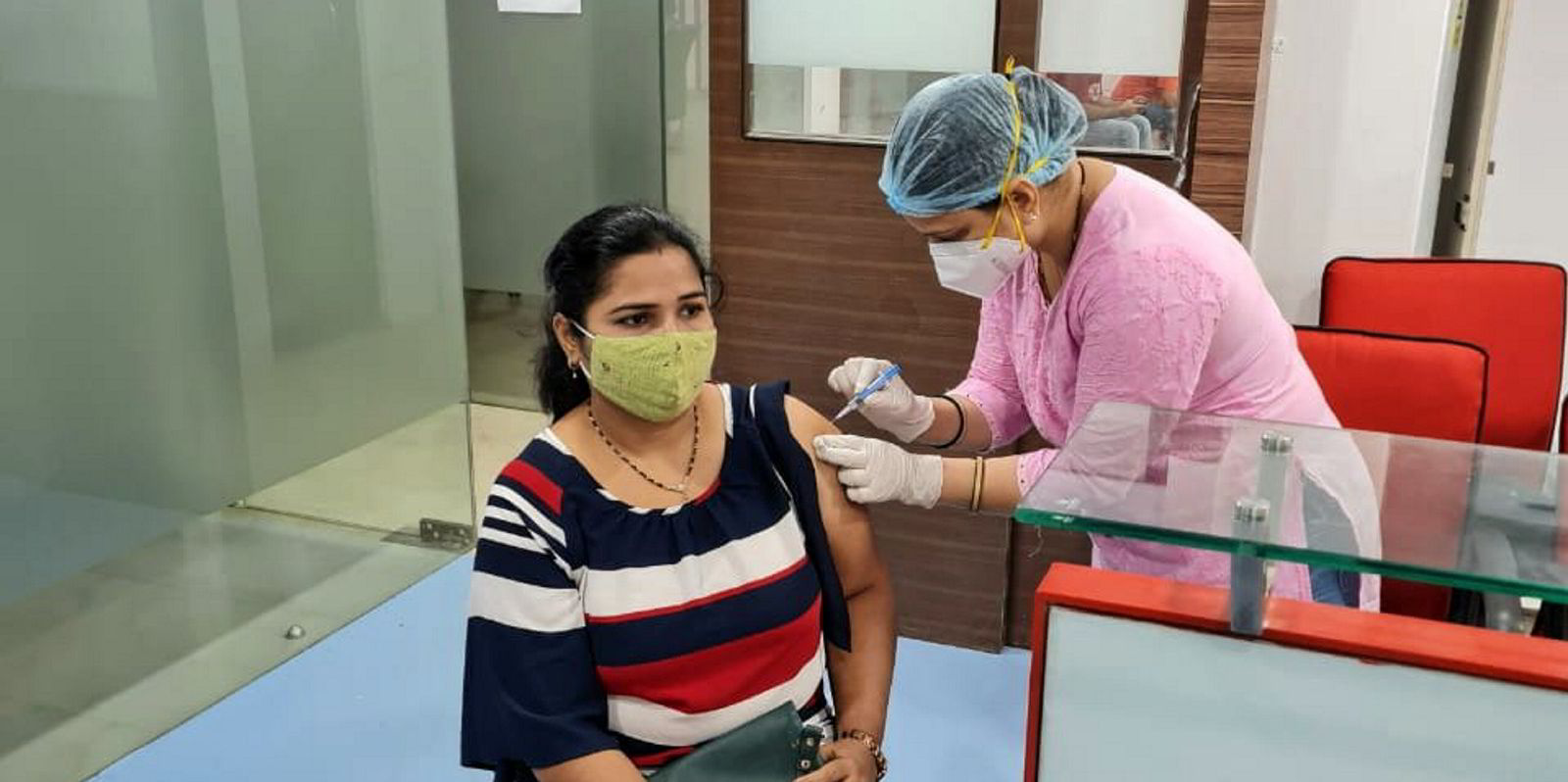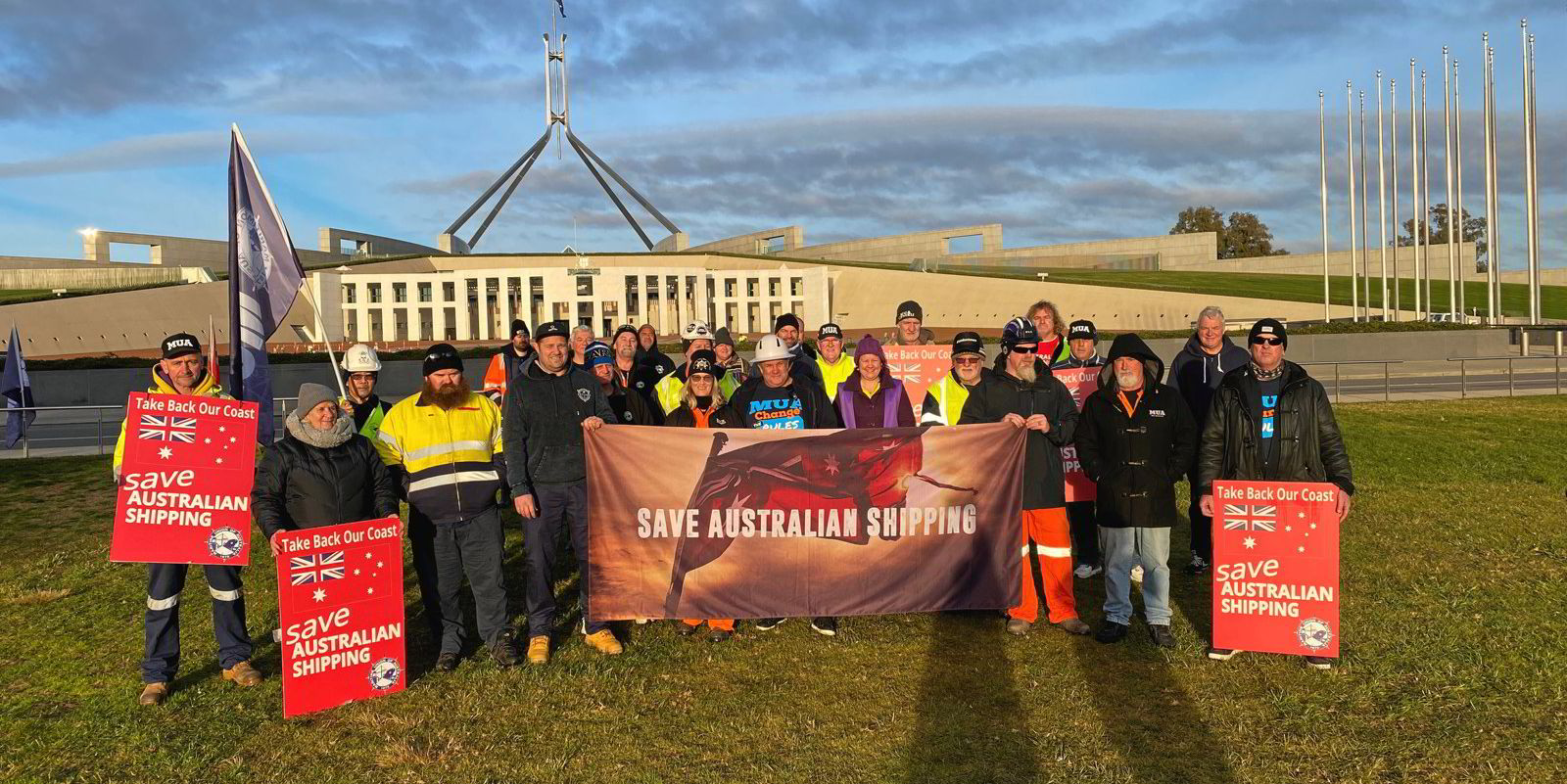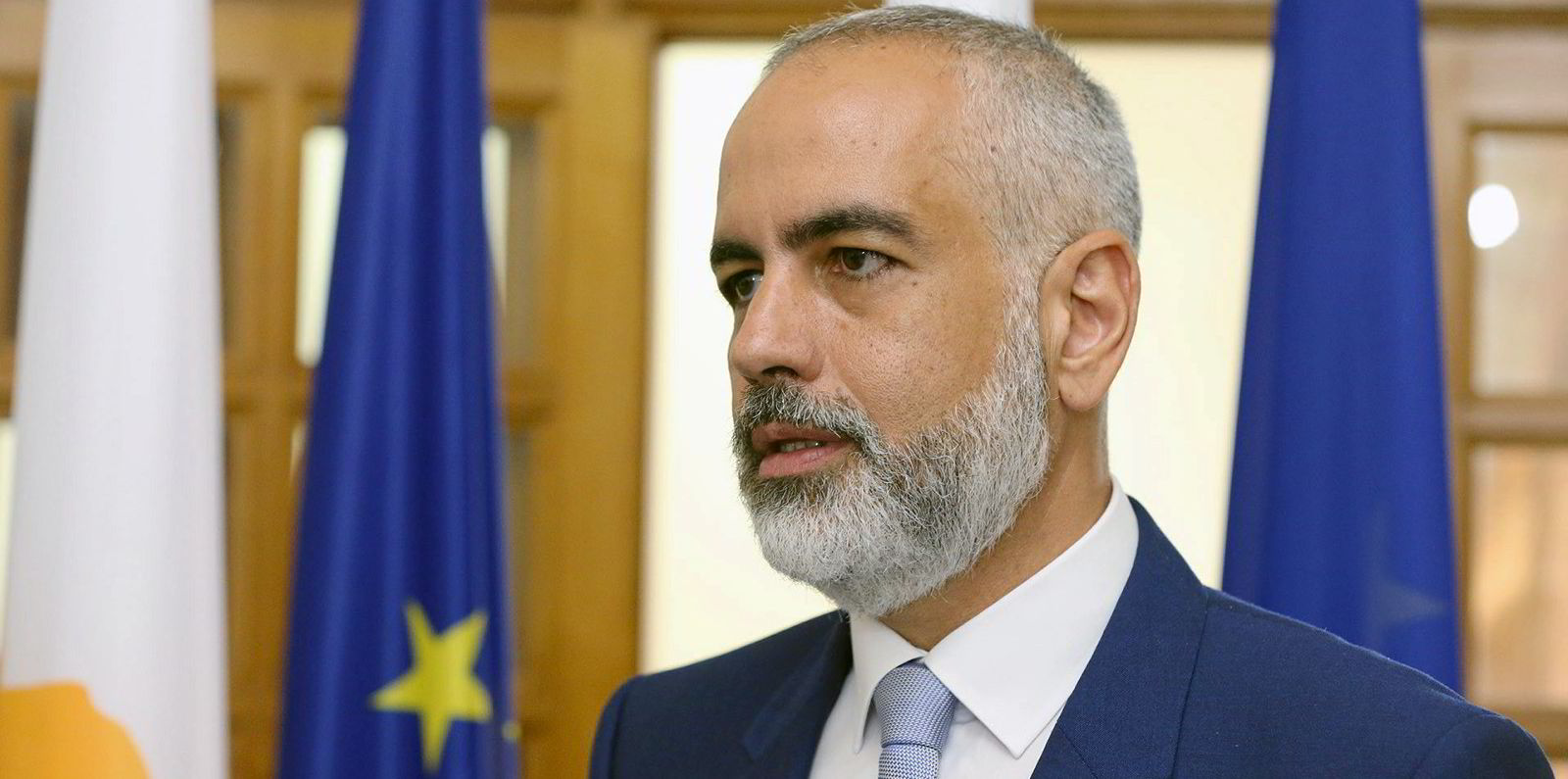The spate of deaths at sea linked to Covid-19 makes initiatives to vaccinate seafarers all the more urgent, but coordinating a global effort has been tricky.
The International Labour Organization clarified in late April that port states that are signatories to the Maritime Labour Convention have responsibility to vaccinate foreign seafarers as part of their safety, health and protection obligations under the convention.
Since then, initiatives to inoculate foreign crews have been getting underway in earnest in countries such as Cyprus, Australia and the US.
Belgium, the Netherlands and India have vaccination schemes that are reserved for their own citizens.
But it has been challenging for the industry to take matters into its own hands.
Ship management association InterManager in May agreed a deal to buy 1m single-shot Covid-19 vaccines for seafarers, but was unable to officially place the $22m order until it has found a "recognised governmental" body to work with, as required by international law.
Bernhard Schulte Shipmanagement recently conducted a Covid-19 vaccination drive in India for its office staff, seafarers and their family members, among other local initiatives.
Common approach needed
But the company sees vaccines as part of a common global approach that is needed to ensure safe working conditions for seafarers.
"In the long run, vaccination will be the primary way forward for everyone to reduce the risk of contracting the virus, including seafarers and their families" said Janina von Spalding, senior executive of public relations and corporate communications for the firm.

"Therefore, more governments must designate seafarers as ‘key workers’ and grant them priority access to the vaccine."
Mass vaccination of the world’s seafaring workforce could help put a definitive end to the crew-change crisis, which has abated but remains a problem.
The International Transport Workers' Federation (ITF) said in May that around 200,000 seafarers are still working on board ships after their contractual limits because countries have refused to allow crew changes at their ports.
That is half the number at the height of the crew-change crisis, but thousands have been at sea for a year or longer, according to the union.
Finn Amund Norbye, chief executive at ship manager OSM Maritime, said that his company is taking advantage of opportunities to vaccinate seafarers in US ports.
At its Nordic Medical Clinic in Manila, it is with engaging with crew to motivate them to get the jab.
"Especially important is staying in contact with crews to inform and prepare them for vaccinations," he said. "And also to persuade them, because there is sometimes resistance."
Even where vaccination is available, there can be logistical problems.
Seafarers International House, which has been aiding vaccination efforts in the US, finds it difficult to help many seafarers get vaccinated in one visit because many vessels, particularly boxships, are in port for only a short while and can free up only a few crew members.
“Captains have to work with ship agents and/or Customs and Border Control to get permission for the crew to be picked up by Seafarers International House's port chaplains and to be transported to local pharmacies,” said executive director Marsh Luther Drege.







